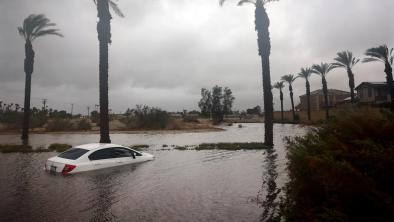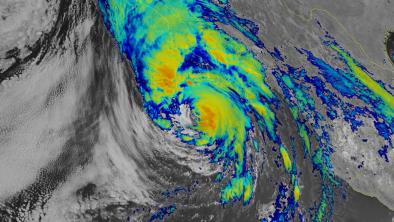Increasing destructiveness of tropical cyclones over the past 30 years
Theory and modelling predict that hurricane intensity should increase with increasing global mean temperatures, but work on the detection of trends in hurricane activity has focused mostly on their frequency and shows no trend. Here I define an index of the potential destructiveness of hurricanes based on the total dissipation of power, integrated over the lifetime of the cyclone, and show that this index has increased markedly since the mid-1970s. This trend is due to both longer storm lifetimes and greater storm intensities. I find that the record of net hurricane power dissipation is highly correlated with tropical sea surface temperature, reflecting well-documented climate signals, including multi-decadal oscillations in the North Atlantic and North Pacific, and global warming. My results suggest that future warming may lead to an upward trend in tropical cyclone destructive potential, and—taking into account an increasing coastal population—a substantial increase in hurricane-related losses in the twenty-first century.
Related Content





